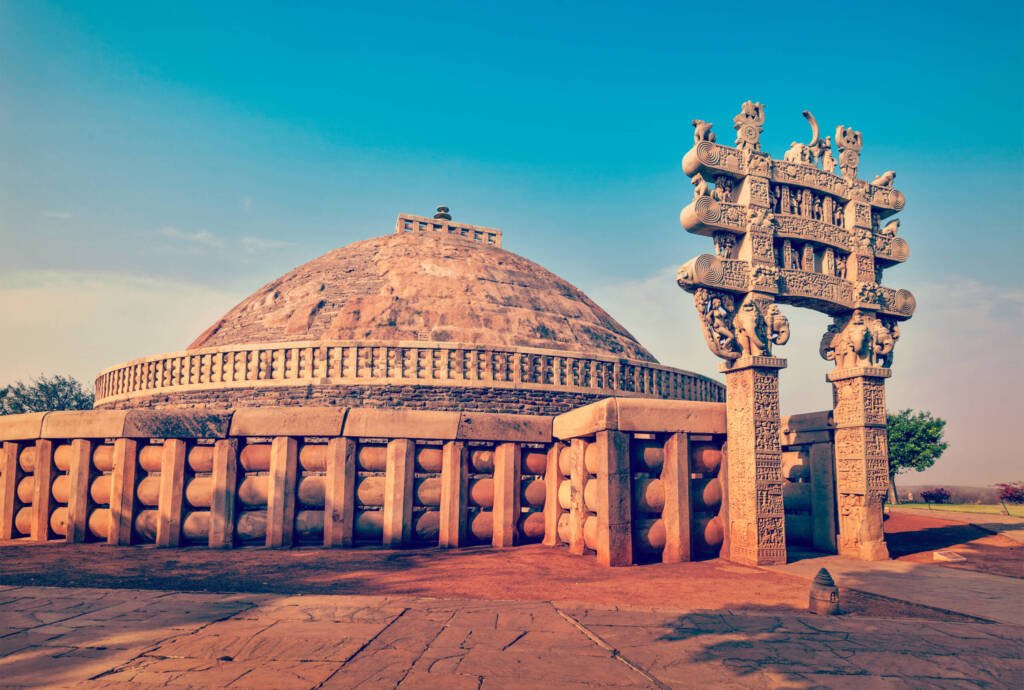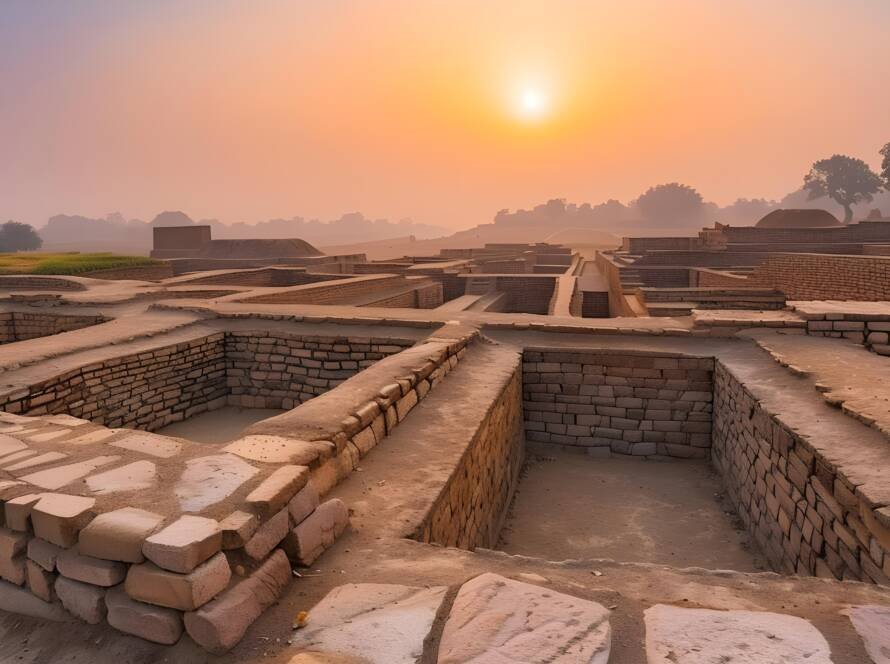Ancient India, a land of profound intellectual and cultural achievements, is home to some of history’s most influential empires. Among these, the Maurya Empire (322–185 BCE) stands as a beacon of effective governance and administration. Founded by Chandragupta Maurya and later expanded by his grandson Ashoka the Great, the Maurya Empire not only unified much of the Indian subcontinent but also established a model of governance that would influence generations of rulers. The administrative innovations and ethical principles that defined the Maurya Empire continue to resonate, offering timeless lessons in leadership, statecraft, and social welfare.
The rise of the Maurya Empire began with the formidable Chandragupta Maurya, who, with the guidance of his advisor Chanakya, successfully overthrew the Nanda Dynasty and established the first large-scale empire in Indian history. Chandragupta’s reign marked the beginning of a centralized administration that laid the groundwork for the empire’s future stability and expansion. The Mauryan state was characterized by its highly organized bureaucracy, with officials overseeing various aspects of governance, from tax collection and justice to military affairs and infrastructure development.


One of the most remarkable features of the Mauryan administration was its efficient tax system. The empire relied on a well-structured revenue system, which included land taxes, trade tariffs, and tributes from conquered territories. This system ensured a steady flow of resources into the imperial treasury, enabling the state to maintain a strong military, build infrastructure, and provide for public welfare. The importance of agriculture in the Maurya Empire’s economy was reflected in the careful management of land resources and the emphasis on irrigation and crop production, which were crucial for sustaining the empire’s large population.
The network of roads constructed during the Maurya Empire facilitated not only the movement of armies but also trade and communication across the vast empire. These roads, along with the establishment of rest houses and wells for travelers, demonstrated the state’s commitment to connecting the diverse regions of the empire and promoting economic prosperity. The Grand Trunk Road, one of the most famous roads built during this period, became a vital artery for commerce, linking the capital Pataliputra with distant provinces and fostering cultural exchange.
The zenith of the Maurya Empire’s ethical governance was reached during the reign of Ashoka the Great. Initially known for his military conquests, King Ashoka underwent a profound transformation after the bloody Kalinga War, embracing Buddhism and the principles of non-violence and compassion. His reign marked a significant shift in the empire’s focus from expansion through conquest to governance based on moral and ethical values.

Ashoka’s commitment to these principles is immortalized in his edicts, inscribed on pillars and rocks across the empire. These edicts, written in local languages for maximum accessibility, covered a range of topics from animal welfare and environmental conservation to social justice and religious tolerance. Ashoka’s emphasis on dharma (righteousness) as a guiding principle for governance set a high standard for future rulers, not just in India but across Asia, where his influence spread through the spread of Buddhism.
The Maurya Empire’s focus on social welfare is also evident in its support for public works, such as hospitals, schools, and irrigation projects. Ashoka’s policies reflected a ruler deeply concerned with the well-being of his subjects, promoting a just and compassionate society. His efforts to codify laws and ensure their fair application across the empire were part of his broader vision of a state that served its people with integrity and wisdom.
The legacy of the Maurya Empire endures as a model of governance that balanced power with ethics, centralization with welfare, and expansion with sustainability. The empire’s achievements in administration, infrastructure, and social policy set a precedent that would inspire future Indian empires and continue to influence modern governance. The Maurya Empire remains a testament to the power of visionary leadership and the enduring impact of a well-organized and ethically grounded state.



